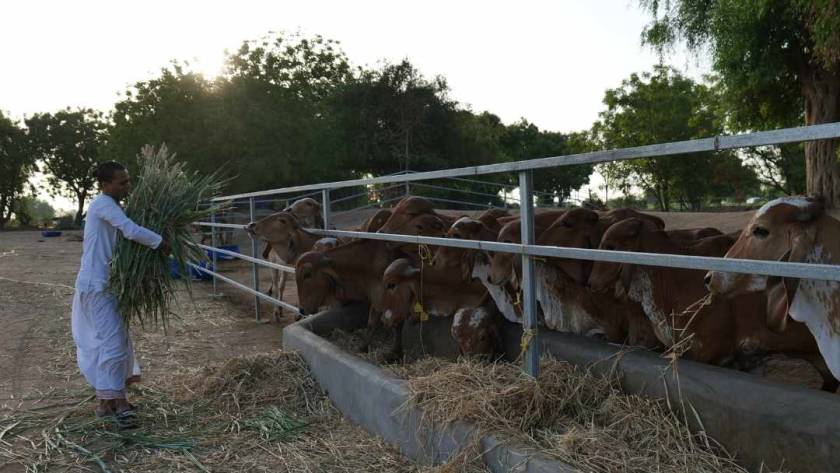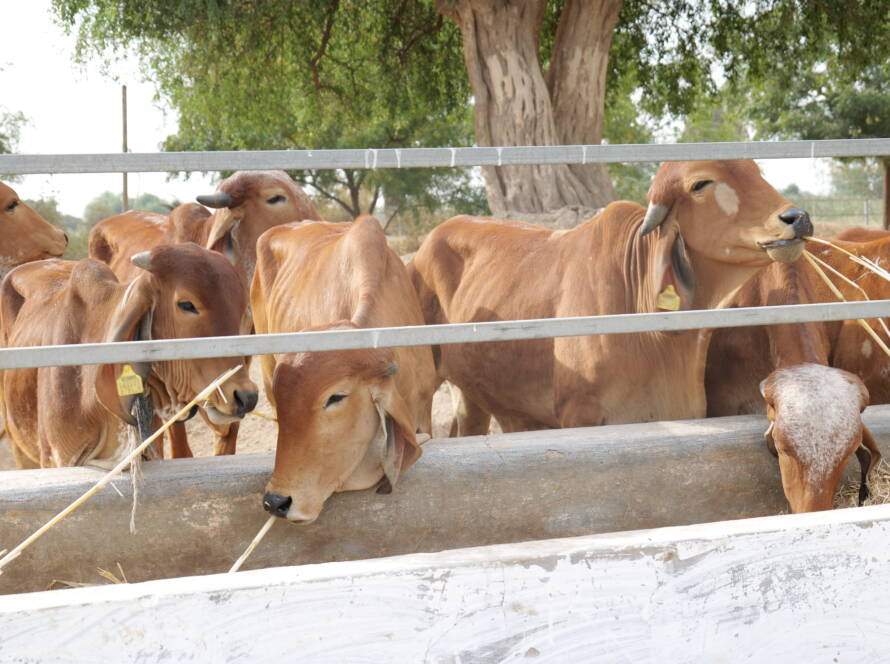1. Ample Pasture:
- Cows are ruminant animals, meaning they have a complex digestive system that requires a diet high in fiber.
- Ideally, cows should have access to approximately 2 acres of pasture per cow. This allows them to graze freely and obtain the necessary nutrients from grasses and other forages.
- If pasture space is limited, supplement their diet with high-quality hay. Choose hay specifically suited for cows, such as Timothy hay or orchardgrass hay.
2. Fresh Water:
- Clean, fresh water is essential for all animals, including cows.
- Ensure your cows have access to a constant source of fresh water. Check water levels regularly and refill or clean troughs as needed.
- Aim for approximately 15-20 gallons of water per cow per day.
3. Balanced Nutrition:
- While pasture and hay provide essential nutrients, supplementing their diet with grains, minerals, and vitamins is crucial for optimal health and productivity.
- Consult a veterinarian or animal nutritionist to determine the specific needs of your herd. They can help create a balanced diet tailored to your specific circumstances, including breed, age, and production level.
4. Clean and Comfortable Housing:
- A clean and comfortable shelter is essential for your cows’ well-being, especially during extreme weather conditions.
- The shelter should be well-ventilated and free from drafts.
- Use bedding materials like straw or wood chips to keep the area dry and comfortable.
- Regularly clean and disinfect the shelter to prevent the spread of diseases.
5. Proper Hoof Care:
- Cows’ hooves are constantly growing and need regular trimming to prevent lameness and other problems.
- Aim for professional hoof trimming every 6-8 weeks.
- You can learn to trim hooves yourself, but proper training is essential to avoid injury to the cow or yourself.
6. Routine Veterinary Checkups:
- Regular veterinary checkups are essential for monitoring the health of your herd.
- Schedule checkups at least twice a year, or more often if needed.
- This allows the veterinarian to detect any potential issues early and provide timely treatment.
7. Vaccinations and Parasite Control:
- Vaccinations protect your cows from infectious diseases that can be dangerous or even fatal.
- Consult a veterinarian to determine the appropriate vaccination schedule for your herd based on your location and specific risks.
- Implement a comprehensive parasite control program to prevent internal and external parasites. This may involve deworming medications and other strategies.
8. Stress Management:
- Stress can hurt the health and productivity of your cows.
- Minimize stress by providing a calm and predictable environment.
- Handle your cows gently and avoid loud noises or sudden movements.
- Provide them with opportunities to socialize and express natural behaviors.
9. Observation:
- Regularly observe your cows for any signs of illness or distress.
- This includes changes in behavior, appetite, or appearance.
- Early detection of issues can help prevent serious problems.
- Become familiar with normal cow behavior to better recognize any abnormalities.
10. Enrichment:
- Cows are intelligent animals and need mental stimulation.
- Boredom can lead to frustration and destructive behaviors.
- Provide enrichment activities such as access to scratching posts, brushes, or toys.
- Rotate enrichment items regularly to maintain their interest.
- Consider providing social enrichment by allowing them to interact with other cows.
Additional Tips:
- Separate pregnant and sick cows from the rest of the herd.
- Provide adequate shade and ventilation in your cow housing.
- Implement proper waste management practices to maintain a clean and healthy environment.
- Regularly maintain fences and other enclosures to ensure your cows are contained safely.
- Consider using technology like GPS tracking and activity monitors to monitor your cows’ health and well-being.
- Educate yourself about cow behavior and natural instincts to better understand their needs.
By following these tips and providing your cows with the necessary care and attention, you can contribute to their health, happiness, and well-being.




